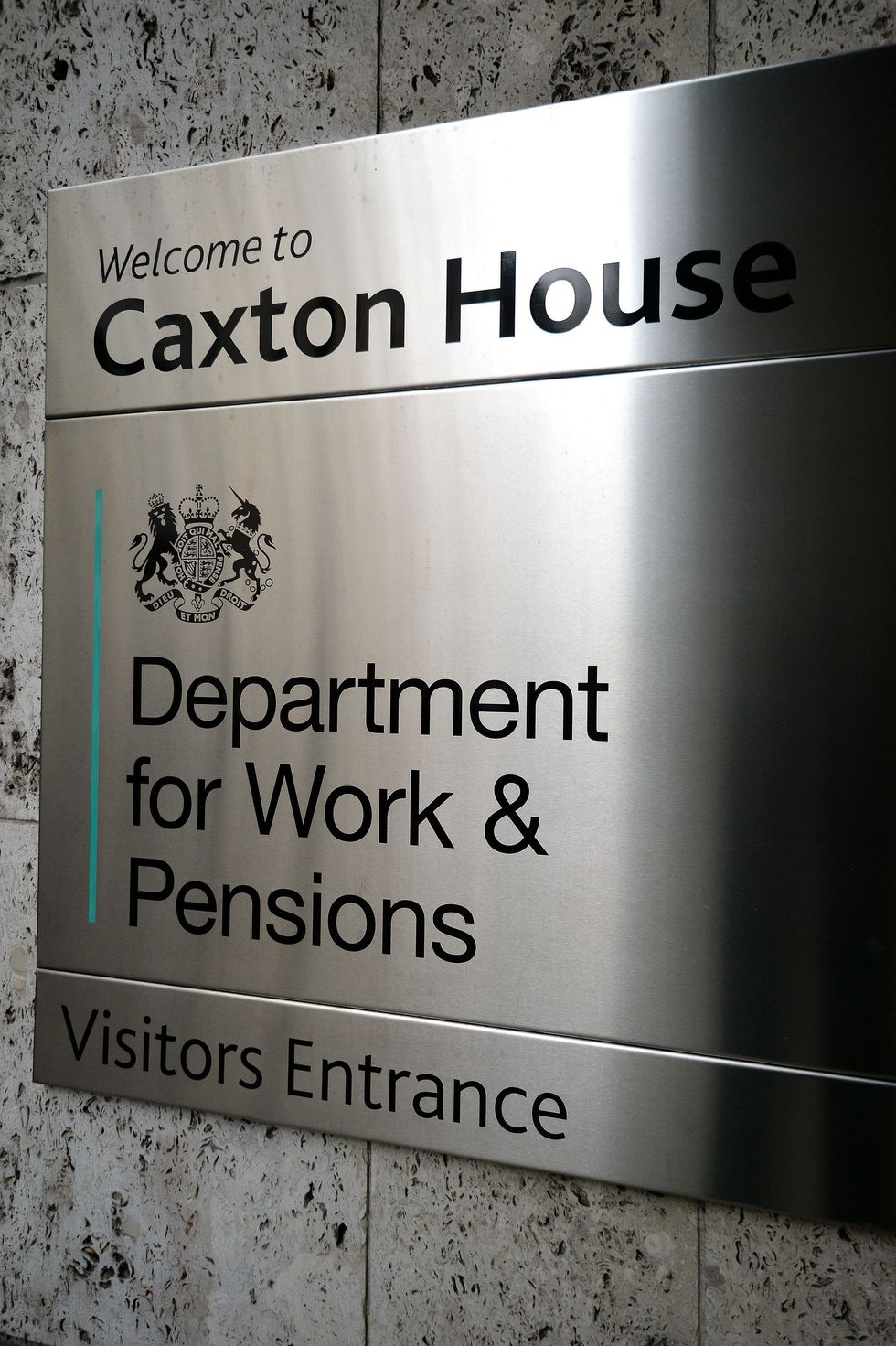State pension set for big increase - pensioners could get over £12,000 a year

State pension set for huge increase
| GETTY
The figure for May to July is used for the state pensions triple lock calculation
Don't Miss
Most Read
Latest
If wage growth remains at a similar level, pensioners would see the full new state pension rise to more than £12,100 per year from April 2025.
Although not as high as the increases in the past two years, the extra cash will make a sizeable difference to people’s day-to-day spending.
Annual growth in total earnings in March to May (including bonuses) was 5.7 per cent, down from six per cent in the previous three months.
It’s an important figure for 12.7 million state pensioners across Great Britain to take note of as it could be the figure that decides how much the state pension increases.
Given that inflation is currently two per cent it is likely that wage data will be used for the uplift.
This boost would surpass the current inflation rate, suggesting pensioners could see an improvement in living standards.

If a 5.7 per cent increase was implemented the full new pension would be raised to £935.20 a month
| PAHelen Morrissey, head of retirement analysis, Hargreaves Lansdown said: “Inflation may be on the wane but wage growth remains red hot coming in at 5.7 per cent.
"This makes it highly likely that wage growth will be used to uprate the state pension from April next year – the figure to watch will be published in September. If it remains at a similar level, we would see the full new state pension rise to more than £12,100 per year.
"Such a rise would be welcomed by pensioners who have been buffeted by the cost-of-living crisis. It may not be on the scale of increases given in the past, but it will still make a sizeable difference to people’s day-to-day spending.
"It remains to be seen if state pension will form part of the government’s pension review. With a burgeoning pensioner population, the state pension costs are rising, and the government will want to manage this and there is only so far, they can go when it comes to raising state pension age.
"An overarching review is needed to put the state pension on a long-term sustainable footing so people have certainty over what they will get and when.”
Under the triple lock, state pensions rise by either the rate of inflation, average earnings or 2.5 per cent; whichever is higher.
If a 5.7 per cent increase was implemented the full new pension would be raised to £935.20 a month or £12,157.60 over the 2025/26 financial year.
Similarly, the full basic state pension would come to £713.60 every four-week period or £9,276.80 annually.
If the triple lock stays in place, the retirement benefit is likely to surpass the personal savings allowance of £12,570, which is the amount people can earn without paying tax.
Last year, Chancellor Jeremy Hunt confirmed that tax allowances would be frozen until 2028 which increases the risk of taxpayers falling victim to fiscal drag.
This occurs when incomes rise while tax thresholds remain the same over a period of time, causing people to pay more money to HM Revenue and Customs.










